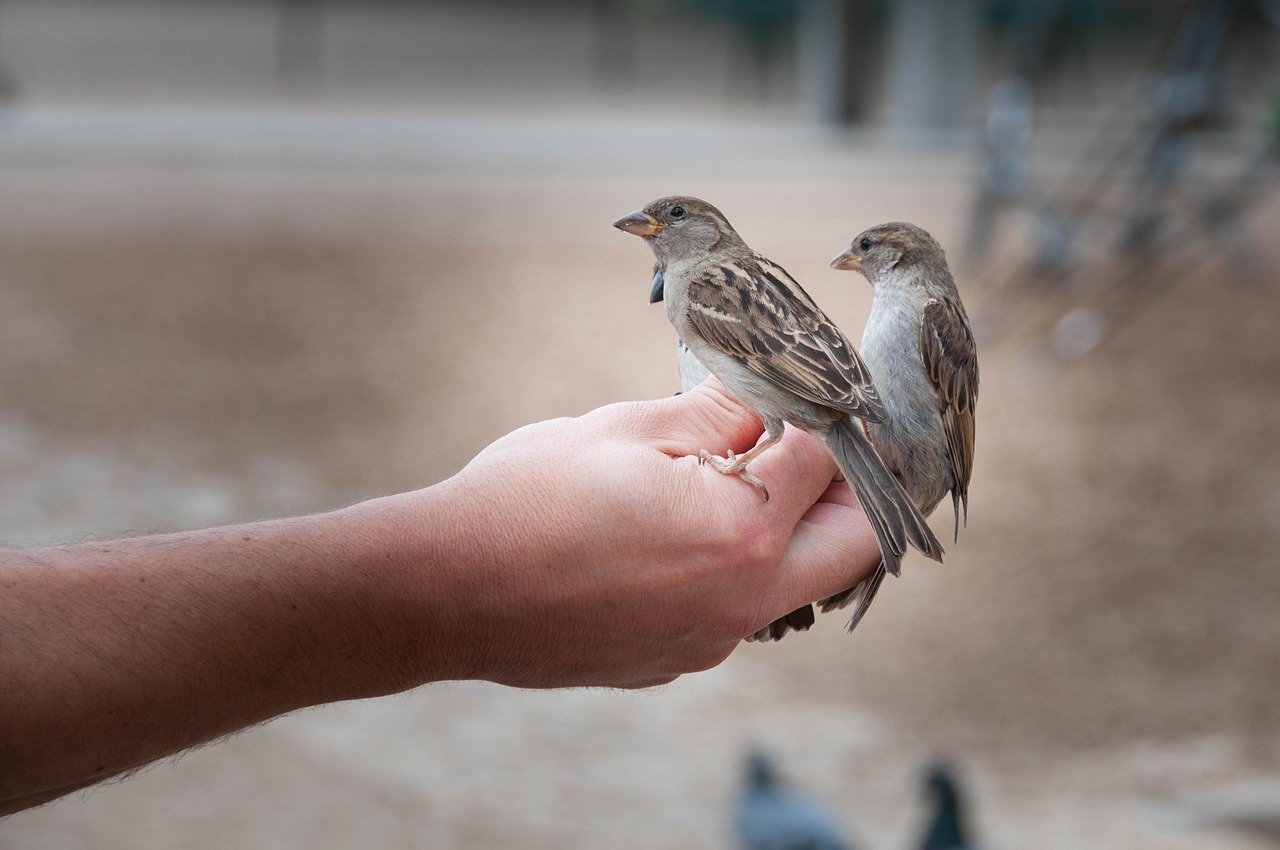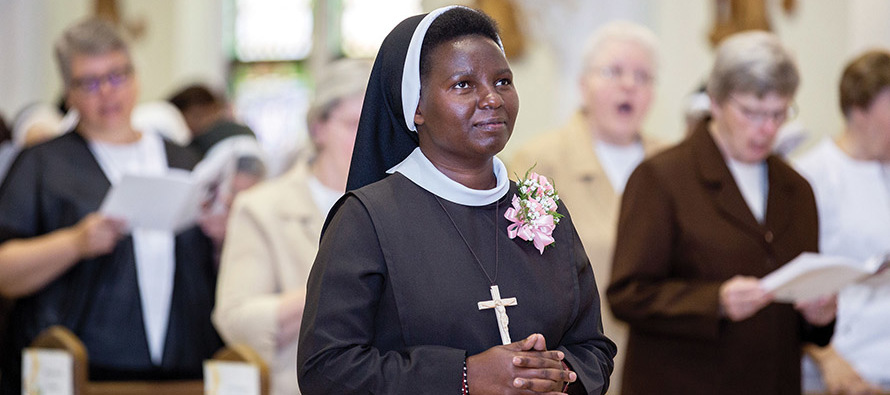|
DEFINING HOPE
Hope is the thing with feathers, Emily Dickinson once wrote. She implied that hope is uplifting in the storms that confront us, but also fragile and in need of nurturing and protection. The saints likewise spoke of hope in this less-than-magical sense. Rather than waving a wand over our misfortune, hope is a link in a chain that leads us out of dark times. But we have to grasp each link in turn in order to be drawn upward. As Elizabeth Ann Seton wrote: “Faith lifts the soul. Hope supports it. Experience says it must. And Love says let it be!”
Vaclav Havel, poet and former president of the Czech Republic, agreed that hope is a quality not of this world. “Hope…is not the same as joy that things are going well, or willingness to invest in enterprises that are obviously heading for success,” he observed, “but rather an ability to work for something because it is good.”
Are we willing to move in the direction of that kind of hope, the sort that requires our personal investment? Or do we insist, rather, on pennies from heaven or manna in the desert of our vast need? If we want peace, as popes have long said, we must work for justice. If we long for a world free of racism and division, full of gentleness and kindness, it does no good to sit around and wait for Amazon Prime to drop these packages by. Grasp hope—and embrace its responsibility.
—Alice Camille,
reprinted with permission from TrueQuest Communications
|









